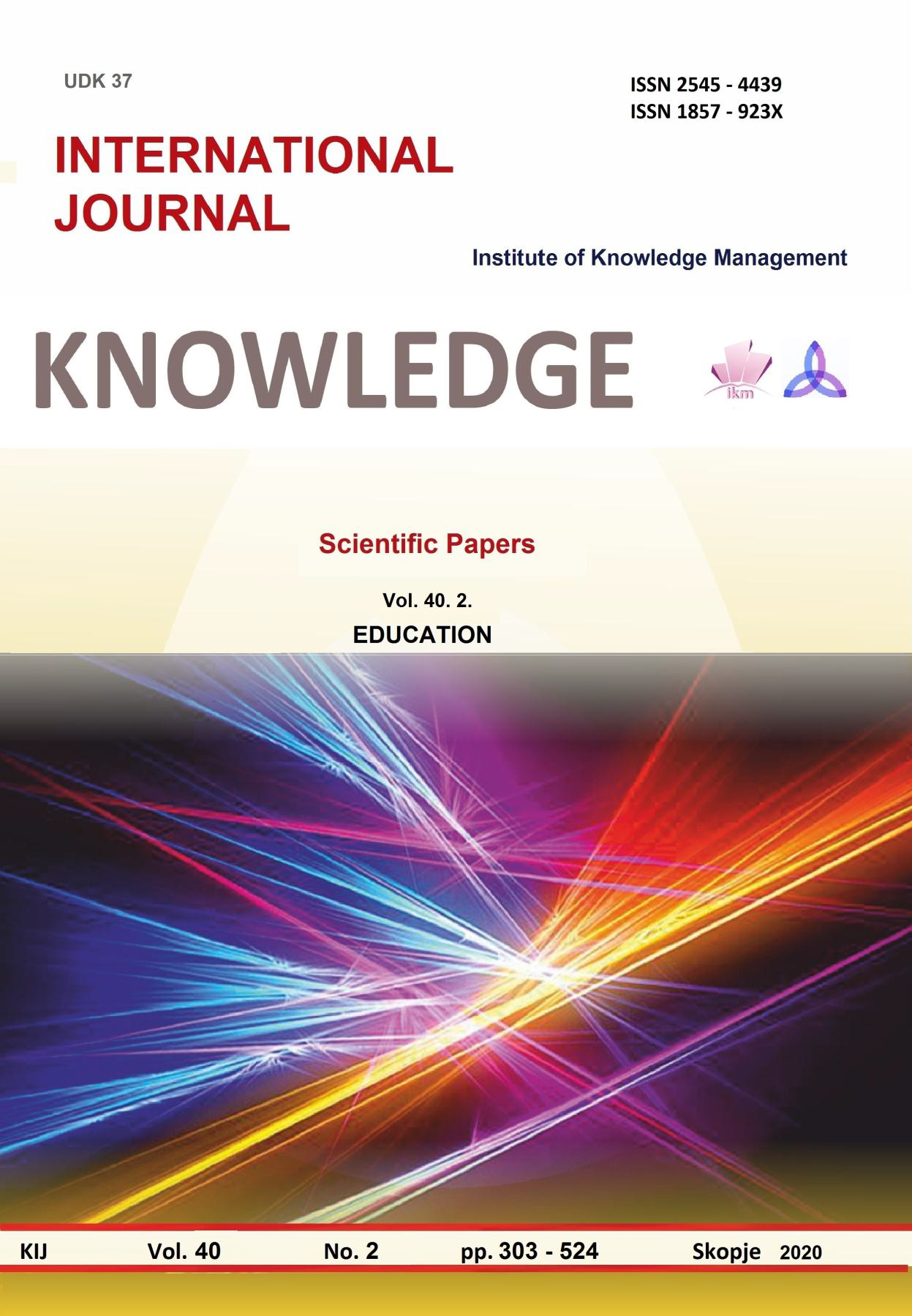ЕКОЛОГИЧЕСКОТО ВЪЗПИТАНИЕ В МУЗИКАЛНИТЕ ДЕЙНОСТИ
ECOLOGICAL EDUCATION IN MUSIC ACTIVITIES
Author(s): Vasilena SpasovaSubject(s): Education
Published by: Scientific Institute of Management and Knowledge
Keywords: music activities; ecological education; kindergarten
Summary/Abstract: Music as emotions` carrier easily and directly affects the listener. For over a century, it has been an integral part of the educational process in preschool childhood. The music teacher has a significant vocation to arouse interest and cultivate the affection for the art of music; to build a system of musical knowledge, skills, and competencies; to create conditions for active interaction of children with music by involving them in all types of musical activities - the perception of music, the performance of music, including singing, playing children's musical instruments and musical-rhythmic movements, and children's musical creativity. Through these activities, the general and specific musical abilities are developed and the aesthetic education of the children is influenced. With specific tasks and guidelines, however, musical activities can also successfully contribute to the ecological education of children in kindergarten. This report attempts to outline the intersections between music activities and ecological education. Ecological education has an extremely wide range of effects on personality development. It refers to the formation of attitudes towards oneself, others, and the environment in all aspects, ranging from the inner soul, emotional and physical state of the child, go through his communication and interaction with others and reach an environmentally friendly attitude to the surrounding reality and the natural environment. The integrative connection between music and ecological education is reflected in each of the musical activities. In singing songs, a strong educational impact and topics for conversation come from the content and mood of the lyrics and melody. The playing of children's musical instruments, on the one hand, emphasizes the careful handling of instruments, in respect of material products, and on the other hand, the creation of instruments from handy, natural materials and appropriate waste products. Imagination and ingenuity are encouraged in the search for the functional capabilities of various items, as well as the idea of recycling and reuse of industrial waste (packaging, plastics, etc.). In dances and musical-rhythmic movements the interaction, the shortening of the social distance, and the possibilities for communication are especially fully included, and in the creative activity, the attitude of the child to the world and to himself is already most directly reflected and manifested. Overall, the joint and group musical performance and creativity establish conditions for teamwork and mutual assistance. These opportunities support the idea of the connection between the musical and ecological education of children in kindergarten
Journal: Knowledge - International Journal
- Issue Year: 40/2020
- Issue No: 2
- Page Range: 487 - 491
- Page Count: 5
- Language: English, Bulgarian

